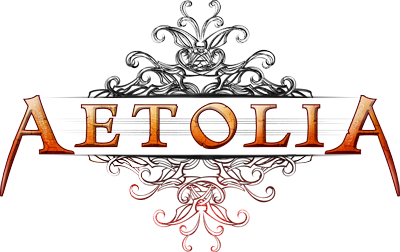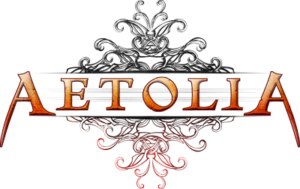10.1 Political Structure of the City-States
A city-state is ruled, first and foremost, by a ruling council. These council members can have different names, such as Senator or Herald. HELP <city> will show you what the ruling council name for that city is. In order to become a member of the ruling council (which normally have five members), you must contest an existing member in an election, and triumph in the election. HELP ELECTIONS will give you detailed information about elections and referendums. Out of the ruling council members, one member, who requires a majority support among the five, becomes the leader of that city. The leader can have various names, such as the Chair of the Secretariat in Spinesreach, or the Vanguard in Enorian. The leader of the ruling council then may appoint people to the heads of ten different ministries, and each of these ministers may appoint aides. These are: Ministry of the Ambassador (responsible for new citizens and treaties) Ministry of War (responsible for all military matters) Ministry of Security (responsible for internal security) Ministry of the Treasury (responsible for the city's working funds) Ministry of the Steward (responsible for the city coffers) Ministry of Trade (responsible for trade of commodities) Ministry of the Chancellor (responsible for shops and economics) Ministry of Cultural Affairs (responsible for events and morale) Ministry of Development (responsible for city construction and maintenance) Ministry of Research (responsible for ylem and research trees) So, in summary: The people elect the ruling council. The ruling council selects one of their number to be the leader. The leader appoints people to the ten ministries. The ministers appoint aides. Further help on the various ministries may be found under section 10.4 (Ministries).

